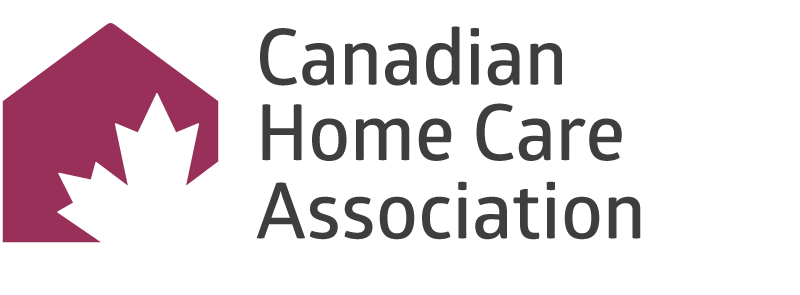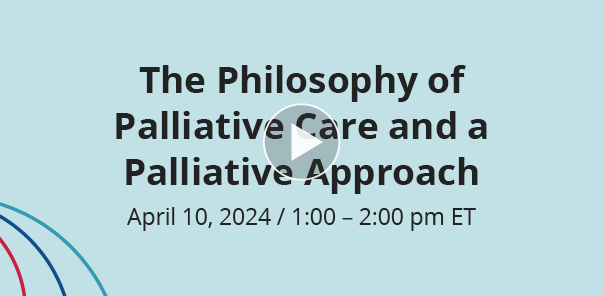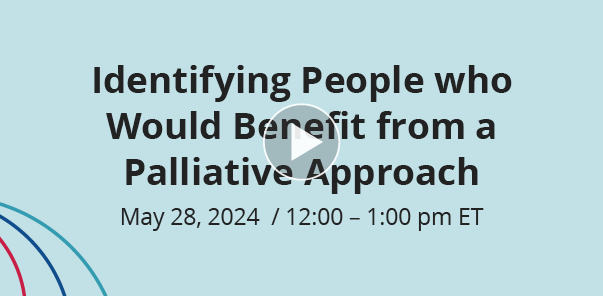Addressing Barriers to Care
November 2024 / 12:00 – 1:00 pm ET
By recognizing and addressing the barriers to access and care, home care providers play a crucial role in delivering equitable, culturally competent palliative care right where patients are most comfortable: their homes. This ECHO learning session will identify barriers and enablers for quality palliative care for vulnerable Canadians, share recommendations for improving access to care for structurally vulnerable people and profile a promising program or practice through a case study.
Subject Matter Experts:
Teaching Presentation – Dr. Kelli Stajduhar, RN, PhD, FCAHS, Professor, School of Nursing and Institute on Aging & Lifelong Health, University of Victoria and Canada Research Chair in Palliative Approaches to Care in Aging and Community Health
Case Study Discussion Lead – TBC
Registration coming soon







